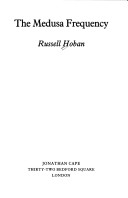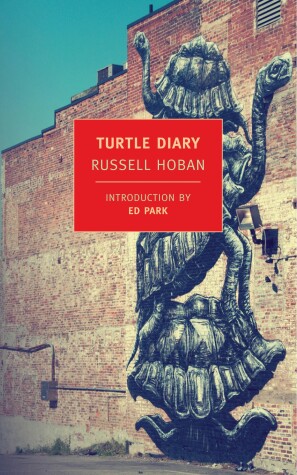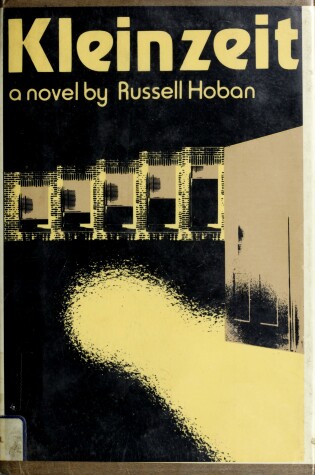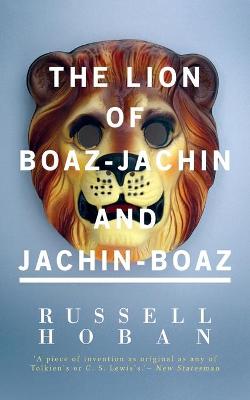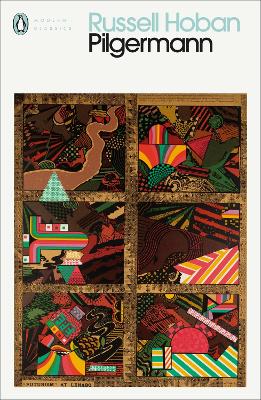Picador Books
6 total works
A wise and touching classic that “crackles with witty detail, mordant intelligence and self-deprecating irony,” from the author of Riddley Walker (Time)
Life in a city can be atomizing, isolating. And it certainly is for William G. and Neaera H., the strangers at the center of Russell Hoban’s surprisingly heartwarming novel Turtle Diary.
William, a clerk at a used bookstore, lives in a rooming house after a divorce that has left him without home or family. Neaera is a successful writer of children’s books, who, in her own estimation, “looks like the sort of spinster who doesn’t keep cats and is not a vegetarian. Looks…like a man’s woman who hasn’t got a man.”
Entirely unknown to each other, they are both drawn to the turtle tank at the London Zoo with “minds full of turtle thoughts,” wondering how the turtles might be freed. And then comes the day when Neaera walks into William’s bookstore, and together they form an unlikely partnership to make what seemed a crazy dream become a reality.
'Superb ... Pilgermann is history, metaphysics, a tangle of mysteries, profound and simple' Guardian
It is 1097 and a traveller arrives in the great, walled city of Antioch with a vision of a beautiful and mysterious geometric design that will change the lives of all those who see it. Pilgermann is a mesmerising recreation of the world of the Crusades, following its unlikely hero and those he meets on a journey of picaresque horror across a Europe of hatreds, visions and a desperate wish for salvation.
'A dark treatise on the mysterious nature of things ... The world according to Pilgermann is a brutish place borrowing from Hieronymus Bosch, pilgrimage narrative, allegory and the historical novel' The New York Times Book Review
'A strange and beautiful work' Evening Standard
